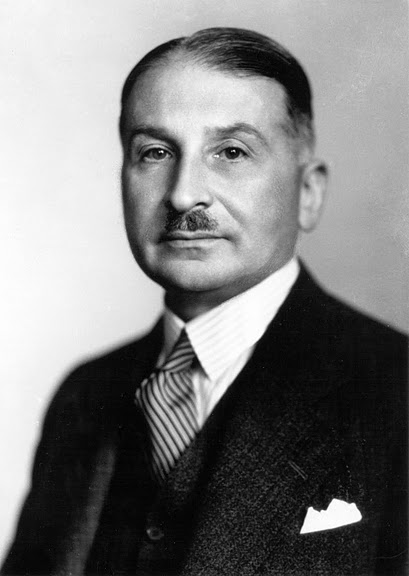Liberty Matters
The Intellectuals and Liberalism

In his essay, Alberto Mingardi points out that Mises scolds intellectuals for having “produced and propagated the fallacies which are on the point of destroying liberty and Western civilization.” Mingardi also expands on the specific types of intellectuals that Mises is addressing here: people using “convoluted prose.” Indeed, Karl Popper, in his Open Society and its Enemies, also speaks of Hegel’s work as “oracular philosophy.” The problem with this kind of communication is that to impress it launches smoke. Whoever conveys their message in this manner is not interested in reaching out to the other person to convince them or make them respect one’s own position. They are focused on the showy effect of their words rather than the meaning. It is the obvious explanation to attribute the success of anti-liberal ideas such as socialism or nationalism to their pompous and vague manner of communication. Yet it can also be a frequent excuse of classical liberals and libertarians for their underwhelming success in making their mark on society.
And for this reason, it is vital to also pay attention to the sentence following the quotation by Mingardi: “They [the intellectuals] alone can reverse the trend and pave the way for a resurrection of freedom.” Mises does not reject intellectuals lock, stock, and barrel. Quite to the contrary: “Not mythical ‘material productive forces,’ but reason and ideas determine the course of human affairs.” What is missing are intellectuals who do not succumb to the luring of fame by literary acrobatics, but practice down-to-earth literary athleticism. They need to put effort into understanding and into being understood.
Mises, as Mingardi explains, writes in a way that “is brilliant but more than anything else, it is clear.” His tone is unique and his intransigency legendary. But would he be so narrow-minded as to expect that everybody should choose this way of communicating? That this could be the only correct mode of disseminating the ideas and values of liberalism? Or would he, indeed, encourage intellectuals to develop their very own genius so that in the spirit of division of labour everybody contributes as well as they can? The struggle for freedom desperately needs intellectuals because, as Mises writes: “the intellectuals, not the populace, are moulding public opinion.” Liberals must acknowledge that it is often by their own shortcomings that they yield the floor to their enemies on the right and the left: an anti-intellectual sentiment; a lack of imagination and creativity; the aversion towards taking up the challenge of intellectual competition; and the reluctance to devote their lives to this quest (as the
last knight of liberalism did).
Mingardi asks “Are intellectuals perhaps more influential than the world of Instagram allows us to imagine?” – They are. (And one might not want to underestimate the world of Instagram as a catalyst and transmitter of intellectual brainwork …)
Mises addresses this influence in the lectures he gave in Argentina in 1959 (published by Liberty Fund as Economic Policy: Thoughts for Today and Tomorrow):
Everything that happens in the social world in our time is the result of ideas. Good things and bad things. What is needed is to fight bad ideas. We must fight all that we dislike in public life. We must substitute better ideas for wrong ideas.Ideas and only ideas can light the darkness. These ideas must be brought to the public in such a way that they persuade people. We must convince them that these ideas are the right ideas and not the wrong ones.What we need is nothing else than to substitute better ideas for bad ideas. This, I hope and am confident, will be done by the rising generation. Our civilization is not doomed, as Spengler and Toynbee tell us. Our civilization will not be conquered by the spirit of Moscow. [sic!] Our civilization will and must survive. And it will survive through better ideas than those which now govern most of the world today, and these better ideas will be developed by the rising generation.
Copyright and Fair Use Statement
“Liberty Matters” is the copyright of Liberty Fund, Inc. This material is put on line to further the educational goals of Liberty Fund, Inc. These essays and responses may be quoted and otherwise used under “fair use” provisions for educational and academic purposes. To reprint these essays in course booklets requires the prior permission of Liberty Fund, Inc. Please contact oll@libertyfund.org if you have any questions.